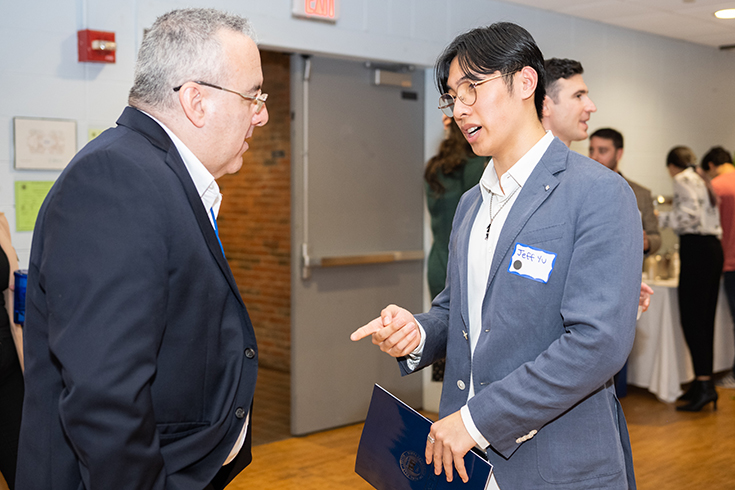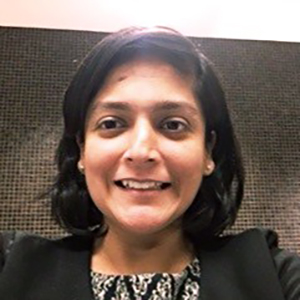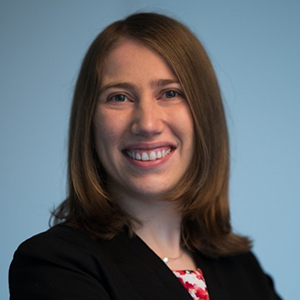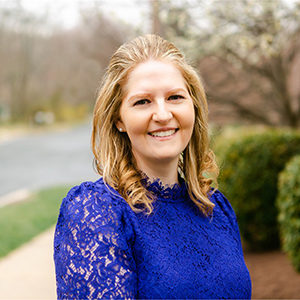Tips for Success in Business, Consulting & Finance

Calling all students interested in becoming consulting connoisseurs, money maestros, or corporate climbers!
We’ve gathered a few Brandeis alums who’ve found their place in the world of business, consulting, and finance to share their wisdom that's been tested through countless meetings, PowerPoint presentations, and the occasional battle with the office printer.
 “Study the industry thoroughly and try to figure out which jobs within Finance interest you. Read books, watch YouTube videos, and really make sure you understand the fundamental underlying business, and see what you see yourself doing. Once you’ve landed on 2-3 options, prepare for the interview and study the technicals required to be successful; you should know those cold if you expect to succeed.” —Ivan Ponieman ‘14, Vice President at ISquared Capital
“Study the industry thoroughly and try to figure out which jobs within Finance interest you. Read books, watch YouTube videos, and really make sure you understand the fundamental underlying business, and see what you see yourself doing. Once you’ve landed on 2-3 options, prepare for the interview and study the technicals required to be successful; you should know those cold if you expect to succeed.” —Ivan Ponieman ‘14, Vice President at ISquared Capital
 “In Management Consulting, personal referrals are important, especially for elite firms such as McKinsey, Bain, BCG etc. For these firms, it's best to try and get an alumni referral, or a referral through a personal contact… Try to talk to as many people in the field as possible. Consulting culture varies widely between the Big 4, boutiques, and some more specialized sector-specific firms… Go to the career fair with a basic understanding of the kind of job you are seeking… For example: "I am a Biochemistry major with an Econ minor; I have taken Corporate Finance, follow the Biotech sector, and I am interested in working on M&A deals in the Biotech/Pharma" sounds a lot better than: "I just want (any) job at Goldman.” —Amna Mirza ‘04, Management Consultant, Capital Markets & Digital Strategy at PwC
“In Management Consulting, personal referrals are important, especially for elite firms such as McKinsey, Bain, BCG etc. For these firms, it's best to try and get an alumni referral, or a referral through a personal contact… Try to talk to as many people in the field as possible. Consulting culture varies widely between the Big 4, boutiques, and some more specialized sector-specific firms… Go to the career fair with a basic understanding of the kind of job you are seeking… For example: "I am a Biochemistry major with an Econ minor; I have taken Corporate Finance, follow the Biotech sector, and I am interested in working on M&A deals in the Biotech/Pharma" sounds a lot better than: "I just want (any) job at Goldman.” —Amna Mirza ‘04, Management Consultant, Capital Markets & Digital Strategy at PwC
 “People in similar roles as me come from a variety of backgrounds, from public health to finance. We all bring our different perspectives to our work, which ultimately makes for stronger analyses and better end-products. Having interdisciplinary training, or even basic understanding of other fields of study can be useful… Make sure you have a firm understanding of not only the role to which you’re applying, but also the company and its values. Employers want to know that you have the skills to succeed at their company and will be a good fit with the company culture. Use your network! In my experience, Brandeis alumni have been very generous with their time and insights. Many companies will prioritize an applicant who has been internally referred by a current employee, so building those professional relationships can really pay off.” —Jennifer Mandelbaum ‘14, Healthcare Economics Consultant at Optum
“People in similar roles as me come from a variety of backgrounds, from public health to finance. We all bring our different perspectives to our work, which ultimately makes for stronger analyses and better end-products. Having interdisciplinary training, or even basic understanding of other fields of study can be useful… Make sure you have a firm understanding of not only the role to which you’re applying, but also the company and its values. Employers want to know that you have the skills to succeed at their company and will be a good fit with the company culture. Use your network! In my experience, Brandeis alumni have been very generous with their time and insights. Many companies will prioritize an applicant who has been internally referred by a current employee, so building those professional relationships can really pay off.” —Jennifer Mandelbaum ‘14, Healthcare Economics Consultant at Optum
 “ESG can be a difficult field to enter right out of school. It could be worthwhile for new graduates to start their career in a more general business role that would provide the opportunity to build an analytical skill set that could be applied to an ESG role in the future. I started my ESG career at a proxy advisory firm, and I would recommend this career route to students interested in the ESG field. Roles in proxy advisory firms offer broad exposure to corporates and investors active in ESG and are a good way to build a generalist ESG skill set that can then be applied to many different types of roles in the field. Proxy advisors tend to offer temporary positions during proxy season (January-June), and many times these positions can turn into full-time positions.” —Allison Marill ‘17, Director of Research at JLens, part of the Anti-Defamation League
“ESG can be a difficult field to enter right out of school. It could be worthwhile for new graduates to start their career in a more general business role that would provide the opportunity to build an analytical skill set that could be applied to an ESG role in the future. I started my ESG career at a proxy advisory firm, and I would recommend this career route to students interested in the ESG field. Roles in proxy advisory firms offer broad exposure to corporates and investors active in ESG and are a good way to build a generalist ESG skill set that can then be applied to many different types of roles in the field. Proxy advisors tend to offer temporary positions during proxy season (January-June), and many times these positions can turn into full-time positions.” —Allison Marill ‘17, Director of Research at JLens, part of the Anti-Defamation League
 “Being able to effectively communicate both in oral and written materials is so critical to establish relationships with teammates and clients. Investing in writing courses and public speaking opportunities will be so useful for a future in government and consulting which focus so much on relationship management and communication skills. I would research the kinds of projects the organization leads. Think about the kind of work they do, what are their core values as an organization, who are the types of clients they support and what types of challenges are they facing. So much of consulting is relationship management, how you communicate internally with team members and assist clients with problem solving and strategizing. Most of what we do involves listening to our clients and making recommendations.” —Jen Singer ‘00, Director, Energy and Sustainability Programs at ICF International
“Being able to effectively communicate both in oral and written materials is so critical to establish relationships with teammates and clients. Investing in writing courses and public speaking opportunities will be so useful for a future in government and consulting which focus so much on relationship management and communication skills. I would research the kinds of projects the organization leads. Think about the kind of work they do, what are their core values as an organization, who are the types of clients they support and what types of challenges are they facing. So much of consulting is relationship management, how you communicate internally with team members and assist clients with problem solving and strategizing. Most of what we do involves listening to our clients and making recommendations.” —Jen Singer ‘00, Director, Energy and Sustainability Programs at ICF International